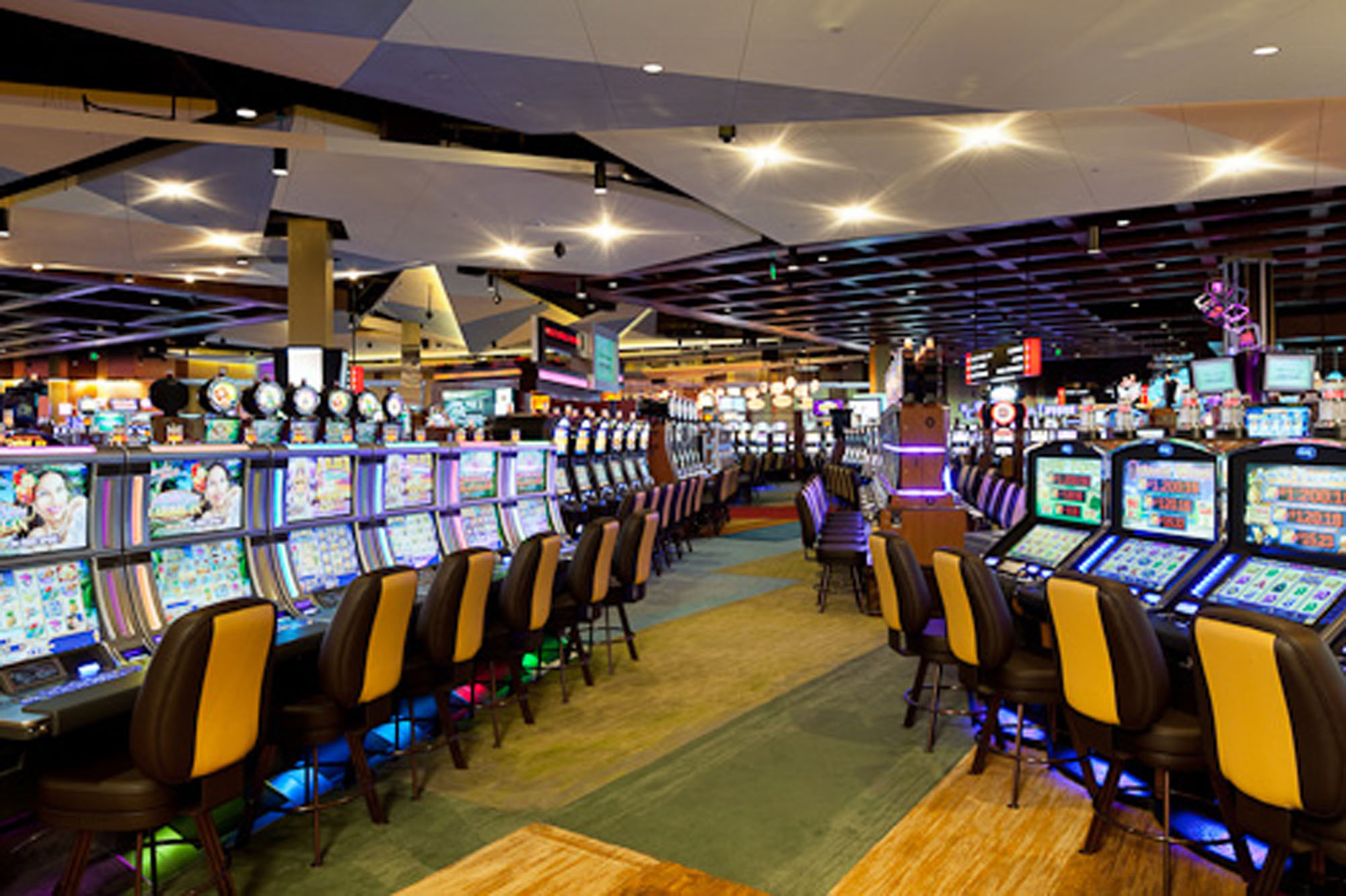
Gambling games have long been a significant aspect of human culture, delivering not just entertainment but a fascinating reflection of our aspirations, dreams, and concerns. From the turning reels of a slot machine to the tactical play of poker, these games embody a variety of human emotions and events. At their core, casino games are not just a chance to make profits; they are a snapshot of life itself, where risk and reward merge and fortunes can change in an eye blink.
As players assemble around tables or sit in front of vibrantly illuminated machines, they engage in a ritual that transcends mere playing. These games reflect our instinctive desires for social interaction, adventure, and the search for fortune. They also unveil deeper truths about human nature, such as our relationship with fate and the thrill of uncertainty. In exploring casino games, we discover not only the rules of play but also the rich tapestry of the human journey, showcasing our intertwining narratives of goal and reality.
The Psychology of Gambling
Gambling is deeply rooted in human psychology, appealing to various emotions and desires. The excitement of taking risks is a core aspect that draws players in, whether the thrill of spinning a roulette or the anticipation of drawing a winning card in a poker game. This rush of adrenaline is frequently likened to other forms of excitement, as the uncertainty of outcomes elicits a unique psychological response. Gamblers often find themselves entranced by the possibility of striking it rich, leading to an almost magnetic draw toward gambling games.
Additionally, a crucial component of the psychology behind gambling is the concept of optimism and ambition. Participants often indulge in fantasies of financial freedom and the luxurious lifestyle that can follow winning. This hope fuels their ongoing participation in gambling, as it provides a sense of meaning and the belief that a life-changing win could be just one wager away. The narrative of beating the odds and achieving success resonates with many, reinforcing their commitment to play and engage with these games.
Lastly, social aspects play a significant role in gambling psychology. Casino environments are designed to foster social interaction, where gamblers gather to share the experience of wins and losses. This communal aspect not only amplifies enjoyment but also influences behavior, as individuals often imitate the actions of others around them. The social validation found in mutual thrill can magnify the emotional experience, making casino games a mirror of not just personal desires but also shared involvement within the gambling community.
## The Dual Nature of Risk and Reward
Casino games embody the subtle balance between risk and reward that resonates profoundly with human psychology. The excitement of placing a bet is often accompanied by a rush of adrenaline, as gamblers are confronted with the chance of striking it rich, yet fully aware of the potential to lose. This twofold experience reflects a fundamental aspect of life: the decisions we face often come with intrinsic risks, and the chase for gain can compel us to embrace risks we might not typically consider. In this way, casino games echo real-world decisions, enticing gamblers to gamble not just their funds, but also their dreams.
The allure of grand jackpots and winnings fuels a wave of hope, encouraging players to imagine a better future that could manifest from a lucky spin of the wheel or dealing of a hand. This optimism can motivate individuals to engage in riskier behaviors, urging them to take greater risks in search of economic benefit. However, just as in life, the results of these risks can lead to both victory and despair. The stories of both jackpot winners and those who have lost everything at the casino demonstrate the unpredictable nature of luck and its significant repercussions on our futures.
Ultimately, the experience of engaging with casino games serves as a strong reminder of the human condition. Every round played is loaded with the tension of uncertainty, as gamblers weigh the gains against the dangers. This balance not only highlights the excitement that comes with betting but also reveals the risks that come with the desire for more. As we journey through the complexities of decision-making and results in both the gambling world and in life, we find that the search for benefit shapes our sense of self and experiences in profound ways.
Culture and Isolation in Casino Environment
Gambling environment is a unique mix of social engagement and individual pursuit, reflecting the tensions of individual experience. non GamStop casino Players often come together around tables, experiencing in the excitement of the game, celebrating wins, and commiserating over losses. This communal aspect is crucial, as it establishes a sense of community and camaraderie among diverse groups of people. Regular visitors to gaming establishments may form friendships and develop routines, turning the gambling venue into a second home where they feel connected to a greater community of players.
However, the attraction of casino activities can also result to isolation. As players become engrossed in the thrill of gambling, they may withdraw from personal relationships or fail to interact with the environment outside the gaming space. For some, the search of a windfall can overshadow genuine connections, leading to loneliness. The experience of being surrounded people yet feeling solitary is not uncommon, as the attention shifts from collective fun to the private concerns of each individual’s journey.
This interplay of society and isolation creates a rich tapestry that defines casino atmosphere. It showcases the intricacy of social interactions, where happiness and sorrow coexist. Casinos serve as both a sanctuary for social interaction and a platform for individual challenges, demonstrating how deeply connected our yearning for companionship and the personal quest for fortune can be. In navigating this environment, players confront their own narratives—seeking both the rush of the game and the companionship of fellow gamblers, eventually mirroring the broader spectrum of human experience.
